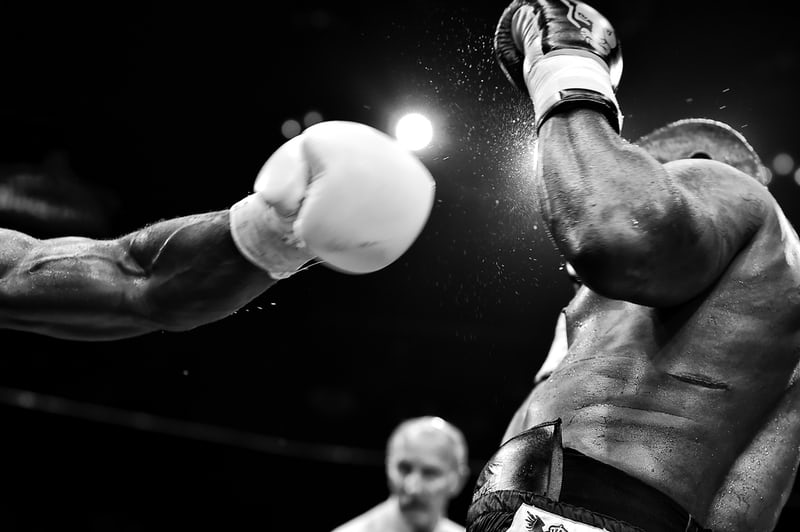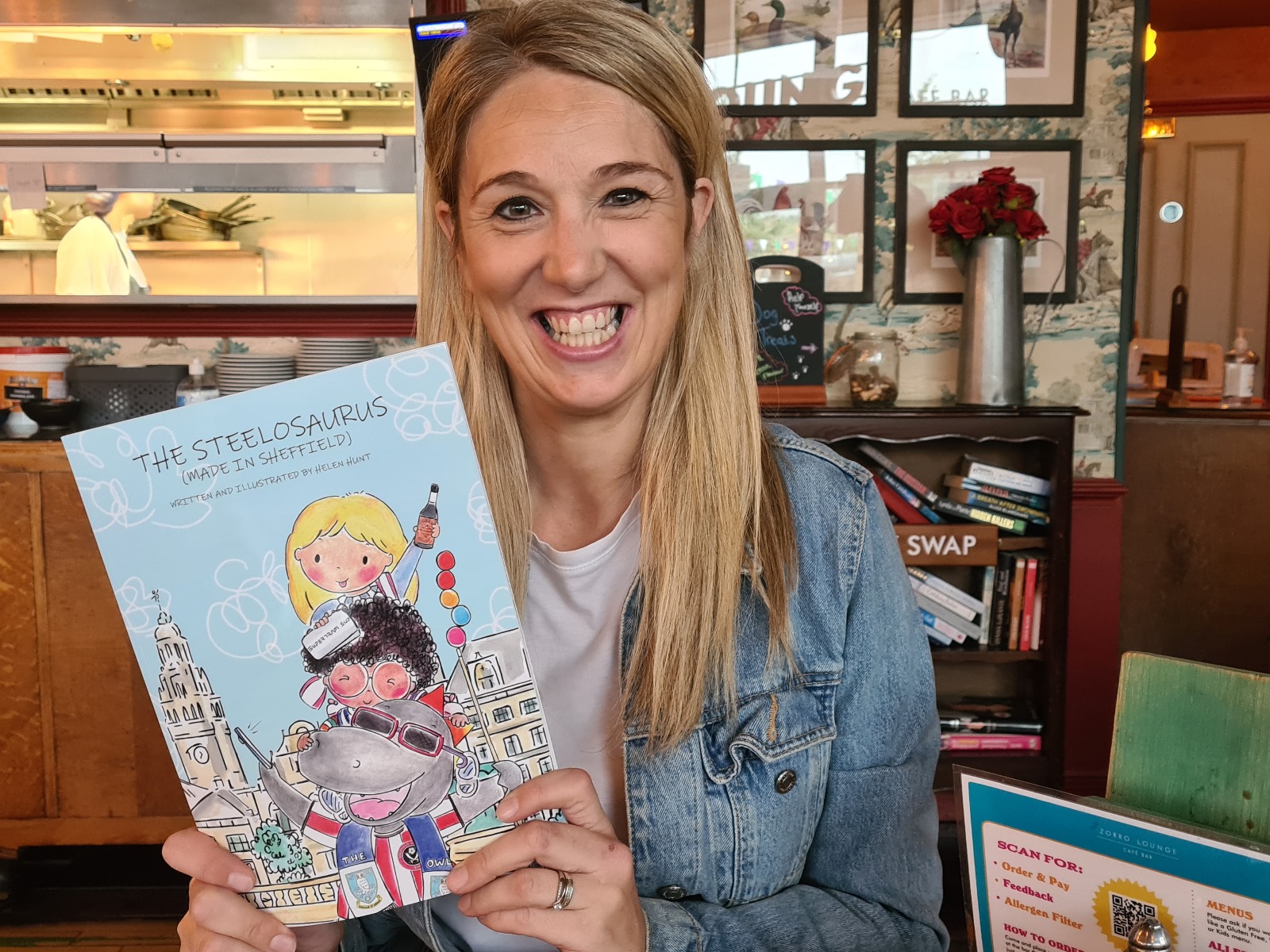Credit: Johann Walter Bantz
Just over a year on from the last crowd-attended fight on British shores, grassroots and amateur boxing has had to come to terms with being the forgotten sport.
In the week where two of Britain’s finest pugilistic exports of this century, Anthony Joshua and Tyson Fury, sign one of the biggest contracts in boxing history, UK boxing finds itself floundering as financial pressures tighten and careers hang in the balance.
The riches that the two will earn win, lose or draw are colossal and the fact that such an eye-watering prize purse is on offer underlines both the sport’s popularity and its financial power.
This, however, is in stark contrast to the fortunes of community boxing clubs across the UK that are struggling to stay afloat, as well as fighters who have had to put their careers on hold.
Indeed, despite being boxing’s spiritual home, the Steel City’s gyms and fighters have suffered just as much as the rest of the country and are burdened with the same worries as their counterparts in any other town or city.
Sam Bridle, a young up-and-coming boxer and Glyn Rhodes, the owner of the Sheffield Boxing Centre open up about their struggle during the pandemic.
A Career on Pause

Sam Bridle in training at 26RR gym in Sheffield.
“It’s difficult, you just think what’s actually the point at the moment” begins Sam Bridle, who who has had his career progression hamstrung by the pandemic and feels that he and his fellow fighters have been neglected.
“We’ve had absolutely no support, no way of earning money because there’s been no sparring.
“I really feel we’ve been thrown under the bus, massively, in the sense that we’ve just been forgotten about.”
Back in November, the government issued a £300 million emergency relief fund for eleven UK sports which included rugby union and horse racing but not boxing. Bridle believes the sport has been overlooked.
Speaking to the 22-year-old, you are struck by his desire to get back to the sport he so clearly loves but in the same breath there is an admirable pragmatism in his assessment of the situation.
“In a way I am fortunate that I’m still young, I don’t have a family to feed but a lot of fighters around 26, 27 do. They’re the ones who are worst hit.
“For us, the furlough scheme wasn’t even worth looking into because the payments would have been so small, but we could have done with something just to allow ourselves to keep focused on getting fit and not having to worry about money.”
While money has certainly been a concern for Sam, it does not come close to the frustration and pain of having his career being so brutally stalled. Having been on the cusp of turning professional last February, his plans were put on hold after the government began to put in place restrictions over the following month.
“It’s been a hard year.
“You want to be able to go, and just get all that [turning pro] sorted because it’s quite a long process but it’s constantly a feeling of one step forward, two steps back. It’s been made a thousand times more complicated.”
A Constant Battle
The aforementioned government package was met with criticism from some of the country’s biggest boxing promoters, who publicly voiced their disdain at the fact that the sport had been ignored.
Eddie Hearn, a promoter who counts Anthony Joshua among his clients, said he was “disgusted” that grassroots boxing had not received support and argued that the government were “so far removed” from the communities who depend on boxing clubs as an outlet. Meanwhile Tyson Fury’s promoter Frank Warren stated he felt the decision to exclude boxing from the relief fund was “outrageous”.
Boxing England have explained: “A significant challenge has been to ensure that clubs have remained financially stable at a time when they have had limited income.
“[The organisation] has attempted to contact every member club to offer help in securing financial assistance through relevant grants where needed. This work has helped a number of clubs survive when they might otherwise have struggled.”
Based in Hillsborough, the Sheffield Boxing Centre is at the heart of the community and offers boxing and fitness classes to all abilities and age groups but also has a number of pros training out of the club.

The gym has been run for almost three decades by former lightweight boxer Glyn Rhodes MBE, who has helped to bring through some of the country’s finest boxing talent.
However, despite the success enjoyed by the SBC, Glyn admits the club has not been immune to the challenges posed by the pandemic as prolonged closure has led to income loss.
“It’s took a big knock, our place. We’ve still got to pay the rent, but how can we pay the rent if we’re not getting the kids through the door and while we’ve had help its not the same. It seems to be a battle, a constant battle.”
This loss has meant he is all the more grateful to his sponsors who always ensure the club is looked after, but for Glyn, money is not the primary concern. Instead, it is the impact the closure is having on the youngsters up and down the country who see boxing gyms as a sanctuary.
“Through all this, kids have not been able to come to the gym or play sports, so I worry there might be some damage done mentally.
“It’s really worrying that, in the last year, all these facilities have had to close down. I understand why this has had to happen but it’s still heartbreaking.”
There is certainly light at the end of a long and dark tunnel for boxing in the Steel City, but the pandemic has truly been a sucker-punch.




